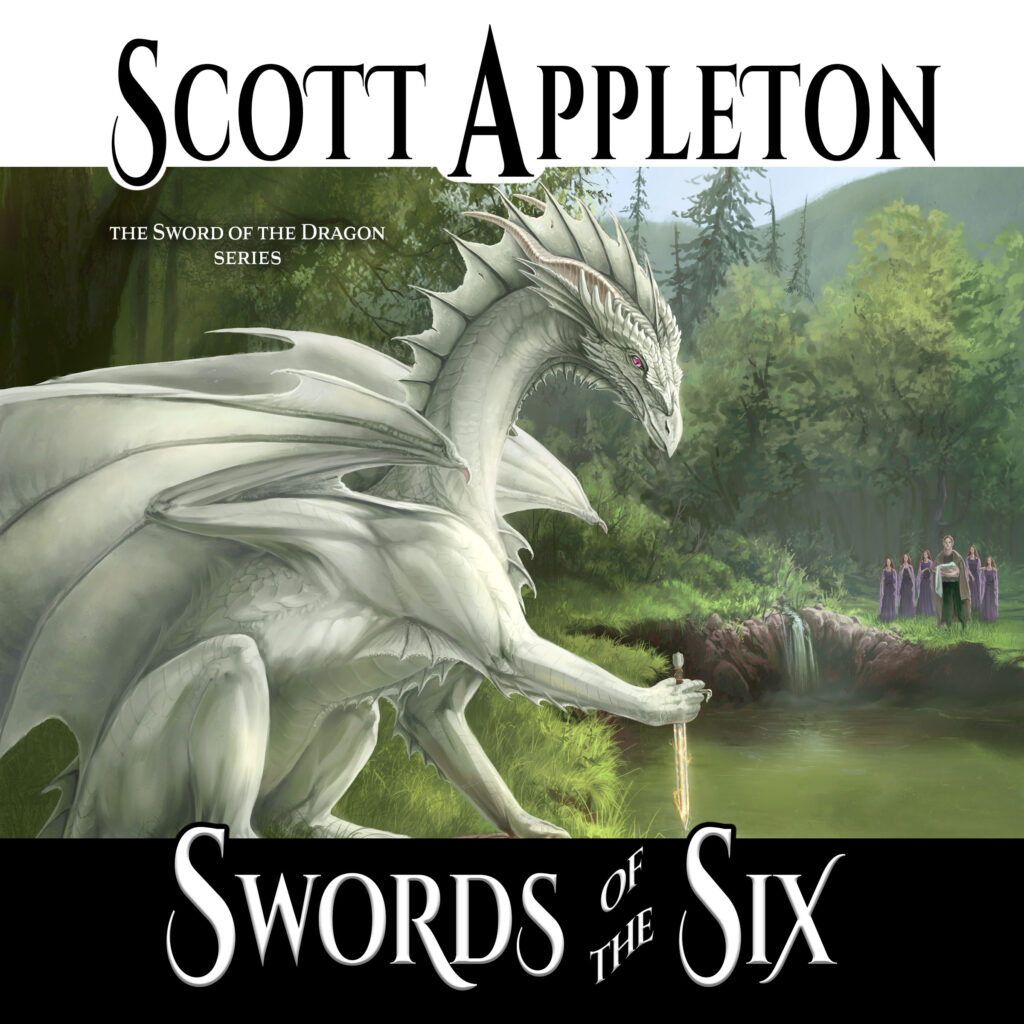The audiobook version of Swords of the Six is fully recorded now! This is a big project but feels very rewarding. Right now I am taking all of the rough files and putting them through postproduction in preparation for their publication on Audible, Hoopla, iTunes, and other audiobook vendors.
I think this is going to finish at about 16 hours of listening time. The audio quality turned out better than I had hoped and I have found that the key with the narration is to simply relax, be myself, and sink into the story.
I have been promising you guys a more substantial sample of this audiobook, so here it is at last! This is the excerpt where albino the dragon hatches his daughters from their eggs. I hope that you enjoy it! It is my intention to have the audiobook published by this Christmas.






Recent Comments